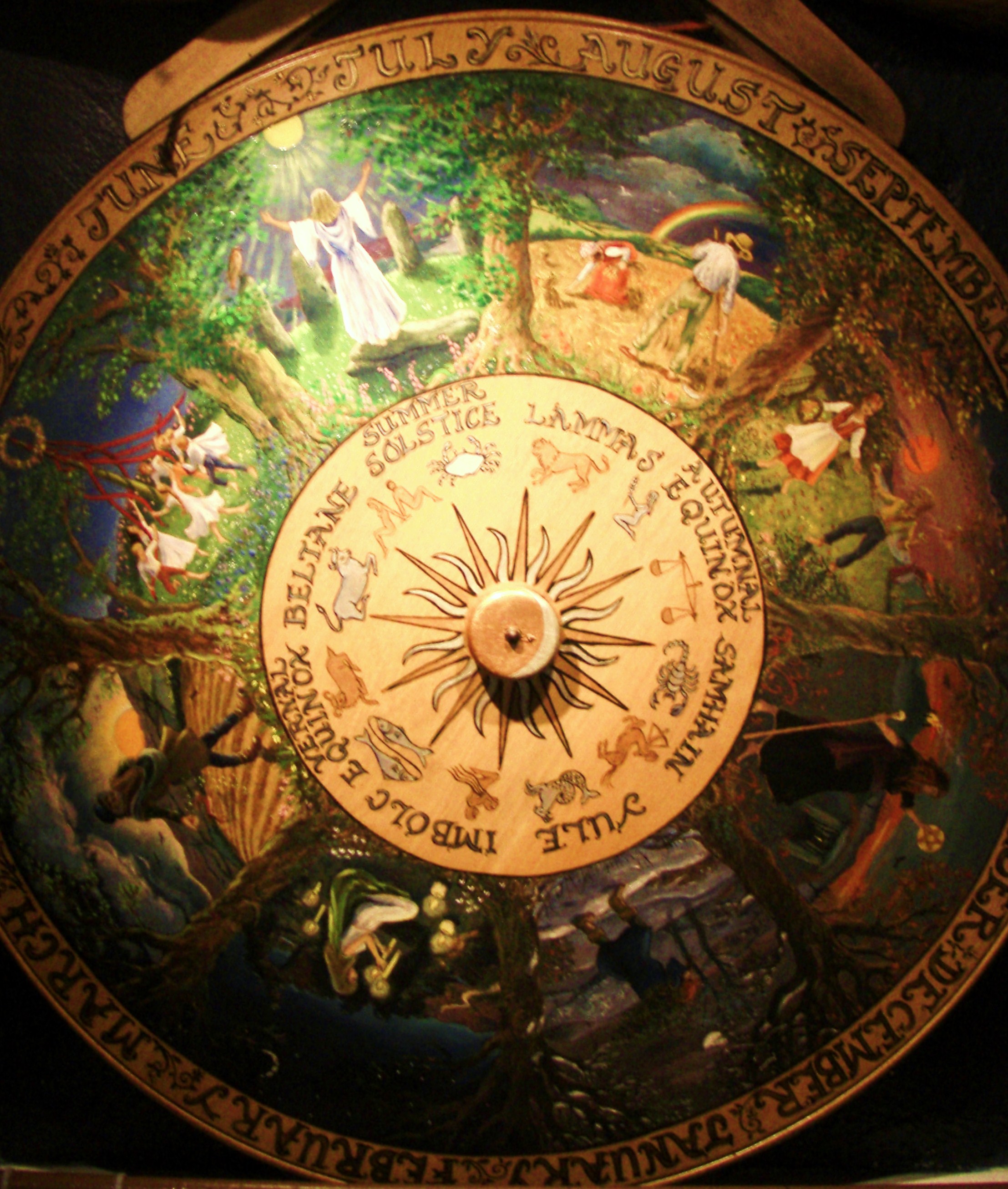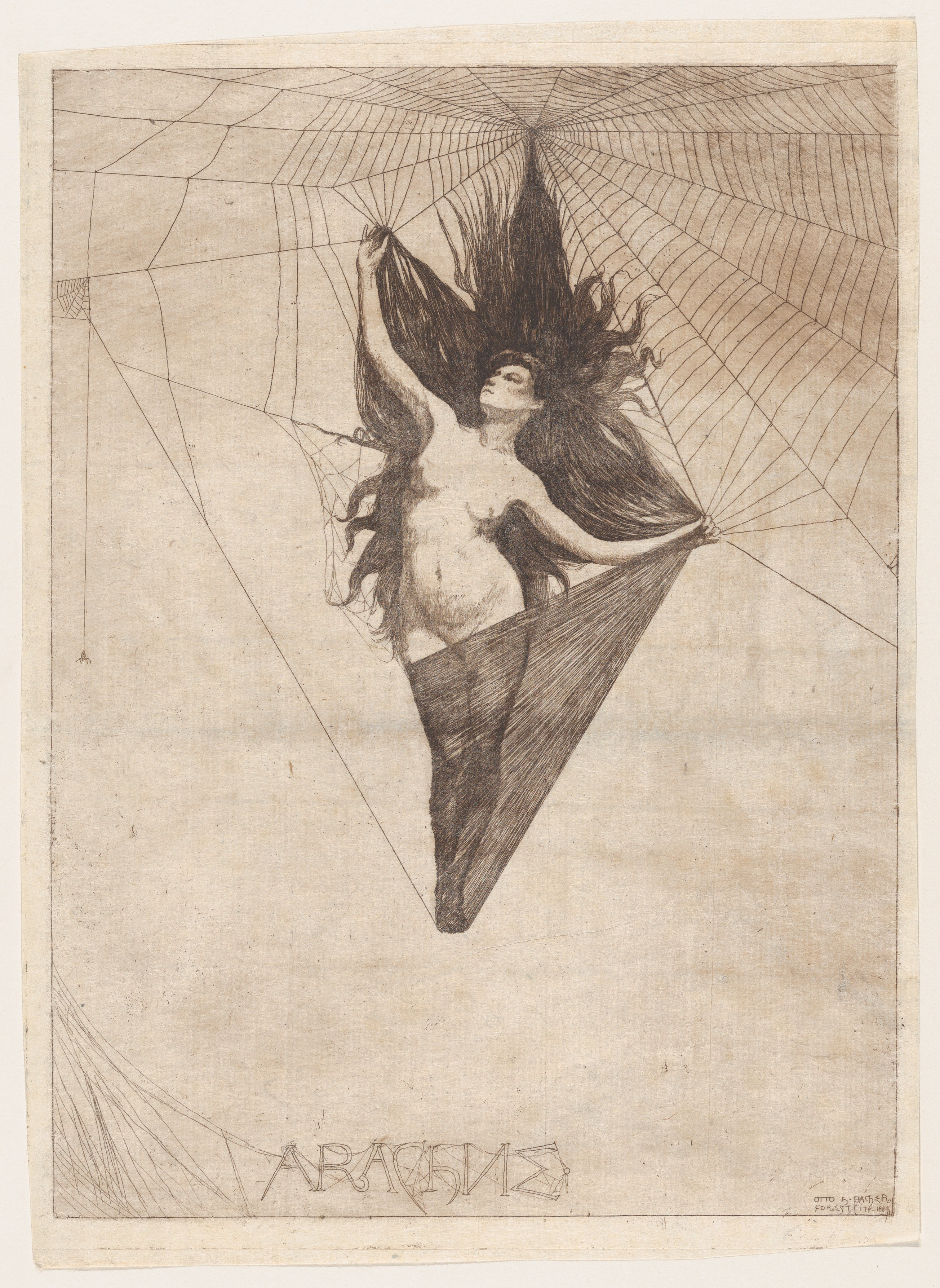In Greek mythology, the Muses were nine goddesses of inspiration who ruled over the arts, literature, and sciences. They were daughters of Zeus-the king of the gods, and Mnemosyne- the goddess of memory. The Muses lived on Mount Helicon or Mount Parnassus where they sang and danced to celebrate knowledge and creativity.
According to legend, Zeus and Mnemosyne spent nine nights together and after each night a Muse was born. Their purpose was to inspire poets, musicians, and scholars, helping them create great works.
Each Muse had her own special talent:
1. Calliope – Muse of Epic Poetry (e.g., inspiring Homer’s Iliad and Odyssey).
2. Clio – Muse of History (she recorded great events).
3. Euterpe – Muse of Music (especially flutes and lyric poetry).
4. Thalia – Muse of Comedy (she inspired humorous plays).
5. Melpomene – Muse of Tragedy (inspiring sad and dramatic plays).
6. Terpsichore – Muse of Dance (she ruled over choral singing and dancing).
7. Erato – Muse of Love Poetry (she inspired romantic poetry).
8. Polyhymnia – Muse of Sacred Hymns (inspired religious and solemn songs).
9. Urania – Muse of Astronomy (she guided the study of the stars and heavens).
Famous Myths About the Muses
1. The Muses vs. the Sirens
The Muses once had a singing competition with the Sirens (dangerous creatures who lured sailors to their deaths with their voices). The Muses won and as punishment they plucked out the Sirens' feathers making them unable to fly.
2. The Muses and Hesiod
The poet Hesiod who wrote Theogony, claimed the Muses visited him while he was tending sheep on Mount Helicon. They gave him the gift of poetry allowing him to write the genealogy of the gods.
3. Pierus' Daughters Challenge the Muses
A king named Pierus had nine daughters who thought they were better singers than the Muses. They challenged the Muses to a contest but lost. As punishment the Muses turned them into magpies (chattering birds).
The Muses were symbols of creativity and knowledge and even today we use the word "muse" to describe someone or something that inspires us. Artists, musicians, and writers often say they are "seeking their muse" when looking for inspiration.
So, in Greek mythology, the Muses were the divine sources of artistic and intellectual brilliance and their stories remind us of the power of creativity.








